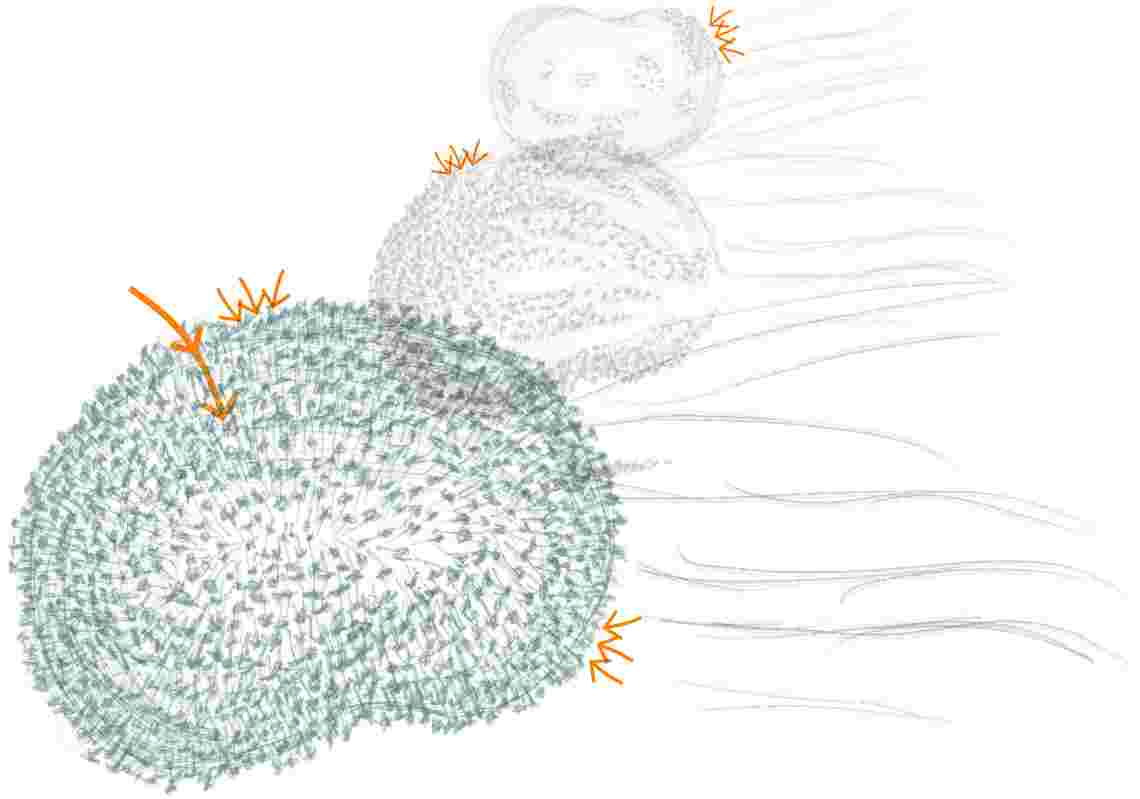THE IMMUNE SYSTEM AS REGULATORY SYSTEM NEVER SLEEPS. REGULATION IS A PROCESS THAT ONLY ENDS IN THE CASE OF DEATH. TO STATE A SAD, BUT FOR ME IMMOVEABLE REALITY: DEATH IN THE END IS A COLLAPSE OF THE IMMUNE SYSTEM.
These days, infections have lost their life-threatening significance and, in their place, metabolic disorders, allergies, atopic ekcema, autoimmune disorders, tumors and other chronic diseases have become the central health problems of the 21st century. Not one of these fatal illnesses is thinkable without the chronic inflammatory processes running under the surface of the different symptoms chronic diseases present.
Short excursus update:
I wrote these lines before we got confronted with all the issues and concerns around the Corona virus. Nevertheless in my opinion the above statement still holds. For what reasons so ever, be they political, economical or scienfitic or a chaotic mixture of all of them one pillar stands for me: the extremely high comorbidity characterized by a chronic course of the illnesses. The COVID is an infection that hits the sick first. If immunity is already impaired, infections are easily contracted. At this point I don't want to invlove myself into this highly political topic. It would only lead into an endless sermone of pro and cons, inconclusive in the end.
Better, let's focus on immunity and see what we can do to improve our wellbeing. If we continue to regard the immune system as a defense system, it is actually impossible to explain the chronic diseases and find suitable treatment options.
t is only when we view the immune system as a regulatory system that we cease to wonder how this system maintains the inflammation processes and controls the healing processes, participates in the distribution of energy throughout the body and causes symptoms of illness such as fever, pain, fatigue and listlessness. We also begin to seize how wellbeing and illness stand in relation to each other.




